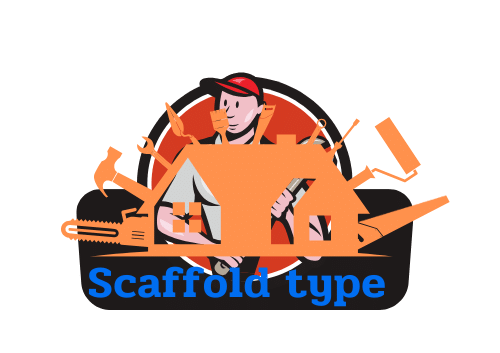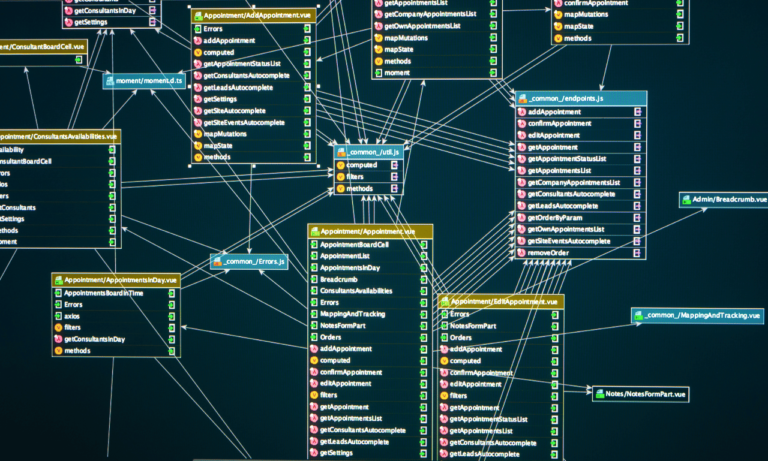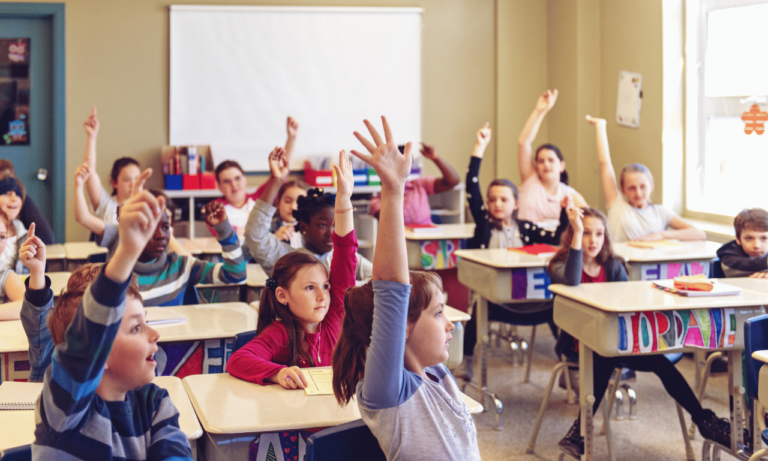Phone:
(+65)8319-0742
As the landscape of education continuously evolves, the need for Structured Learning Assistance becomes increasingly critical to student success. Such programs are specifically designed to bolster academic achievement by addressing the varied and complex needs of students. Through comprehensive support systems, learners are able to enhance study skills development and navigate academic challenges more effectively.
Whether through personalized tutoring sessions or strategic learning workshops, Structured Learning Assistance equips students with essential tools and methodologies required for academic excellence. Let’s explore how these supportive structures can unlock the full potential of learners and significantly contribute to their educational journey.
Key Takeaways
- Structured Learning Assistance provides personalized support to aid in study skills development
- Focusing on academic achievement, these programs tailor strategies to meet individual learner needs
- Empowerment through education is the cornerstone of these assistance services
- With a dedicated approach, Structured Learning Assistance fosters an environment conducive to learning and growth
- These support systems are a vital link to ongoing academic success and mastery of coursework
The Role of Evidence-Based Practices in Academia
The incorporation of evidence-based practices (EBPs) in the educational arena is pivotal for the refinement of academic syllabi and instructional methods. These research-backed strategies play a significant role in the progression of student learning outcomes and are rooted in the very fabric of the Every Student Succeeds Act (ESSA) and the Individuals with Disabilities Education Act (IDEA ’04), cementing their importance across the spectrum of American education. A brief overview below sets the stage for understanding the critical laws and then delves into the impacts of adopting these strategies in academic settings.
Understanding Every Student Succeeds Act and IDEA â04
ESSA and IDEA â04 stand as two cornerstones in the architecture of contemporary educational law. Mandating the usage of EBPs, both acts underscore the necessity for a data-driven approach in tailoring educational experiences to meet diverse student needs and to elevate the quality of academic and behavioral support systems. Here is an insight into how these legislations streamline the path of integrating EBPs in schools:
- ESSA emphasizes accountability and provides states with the flexibility to implement EBPs in achieving academic excellence.
- IDEA â04 focuses on individualized education programs for students with disabilities, ensuring that EBPs contribute to effective special education services.
Impacts of Evidence-Based Strategies on Student Learning
EBPs not only fulfill legislative requirements but are instrumental in optimizing educational practices that foster enhanced student learning, particularly for students falling under the IDEA ’04 directive. Educational strategies borne out of these practices are observed to yield substantial learning growth, as evidenced by the implementation of specific EBPs:
| Evidence-Based Strategy | Beneficial Outcomes | Applicable Student Populations |
|---|---|---|
| Discrete Trial Teaching | Structured learning in incremental steps | Students with ASD |
| Cognitive Behavioral Interventions | Reduced anxiety, improved coping skills | Students with emotional/behavioral disorders |
| Functional Behavior Assessment | Identification of behaviors and their interventions | Students with challenging behaviors |
| Visual Supports | Enhanced comprehension and communication | Students with communication challenges |
Through strategic application of the aforementioned methods within the educational system, the potential for significant enhancements in student learning is irrefutable, substantiating the indispensable value of evidence-based practices.
Chronic Absenteeism and Its Decrease Through Support Services
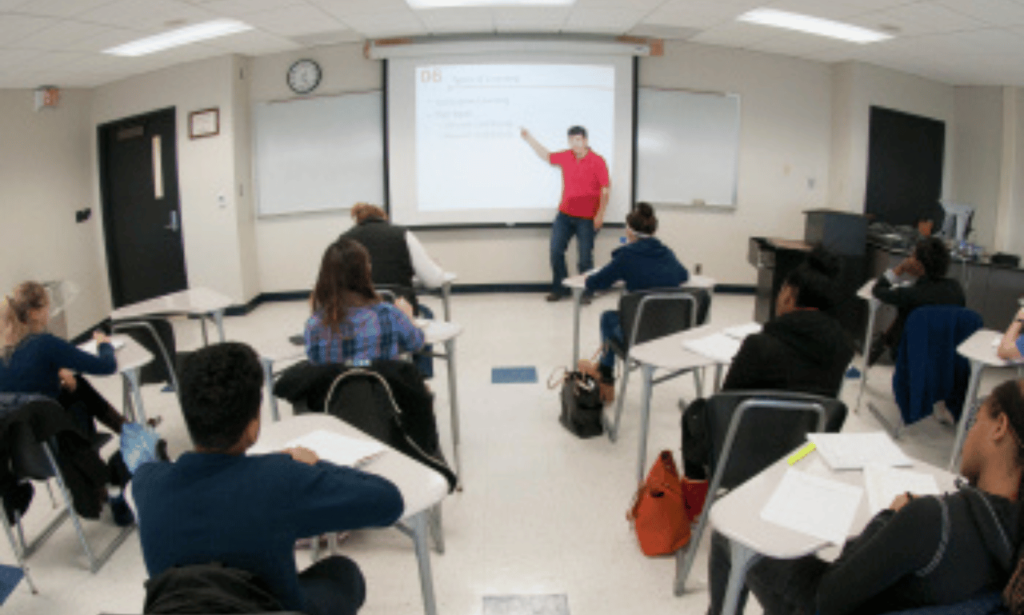
Initiatives fighting chronic absenteeism are more crucial than ever, especially due to the unpredictable challenges that the COVID-19 pandemic has posed. To foster an environment conducive to academic recovery, a strategic focus on support services is imperative. These services are designed to engage with students facing regular absences and equip them with necessary resources to stay on track.
Student success programs have been instrumental in mitigating absenteeism by understanding its causes, which can range from health issues and family responsibilities to lack of engagement with school work. These programs offer holistic support and are tailored to address specific barriers to student attendance. Below is an outline of key strategies for combating absenteeism.
- Implementing family engagement programs that include parents in the academic journey of their children
- Early warning systems that identify at-risk students and intervene promptly
- Personalized academic recovery plans that cater to individual student needs
- Mentorship initiatives pairing students with mentors for guidance and motivation
Documenting the progress of initiatives designed to reduce absenteeism can help in evaluating their effectiveness. By creating a support network around students and addressing the underlying issues, absenteeism can be reduced significantly, thereby increasing chances for academic success.
| Intervention | Objective | Method | Outcome |
|---|---|---|---|
| Family Engagement Programs | Involve families in student education | Parent-teacher meetings, home visits, communication platforms | Reduced absenteeism, higher student participation |
| Early Warning Systems | Identify and assist at-risk students | Data tracking, student assessments | Timely intervention, lower dropout rates |
| Academic Recovery Plans | Provide targeted support for academic progress | One-on-one tutoring, study groups, remedial classes | Improved grades, course completion |
| Mentorship Programs | Guide and motivate students | Matching students with trained mentors | Enhanced student engagement, personal development |
The visualization above highlights the range of support services aimed at counteracting chronic absenteeism and safeguarding student success programs. Through hands-on approaches and tailored intervention methods, these services strive to reignite students’ passion for learning and place them firmly on the path of academic recovery.
Structured Learning Assistance and Student Success Programs
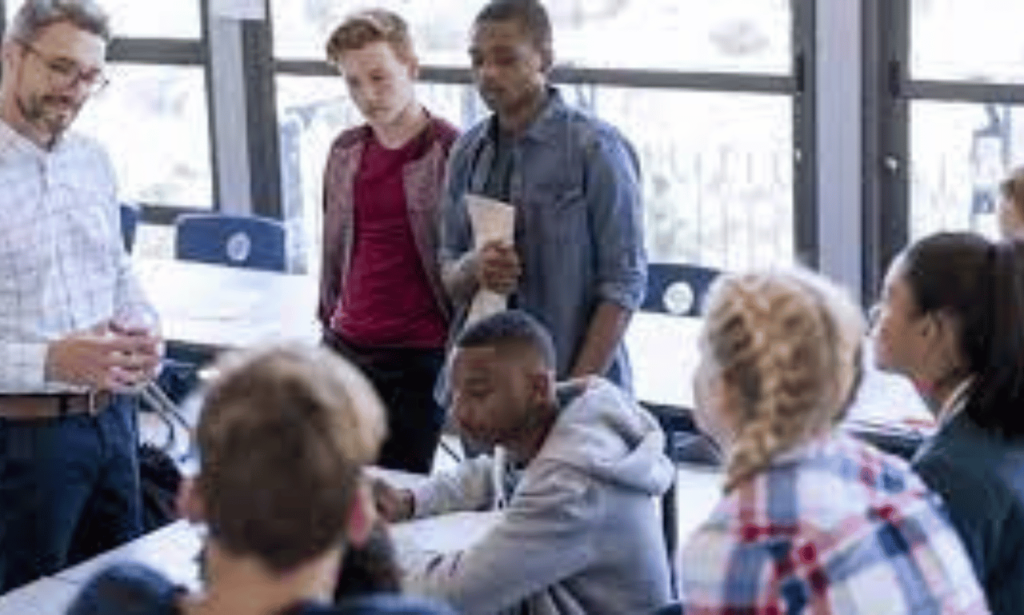
A crucial component of structured learning assistance is its commitment to fostering a supportive learning environment. This approach not only accommodates individual learning preferences but also empowers all students to achieve their full potential. By embracing diverse educational strategies, educators can cultivate an inclusive educational atmosphere that supports guided learning resources and sustains academic engagements.
Creating a Supportive Learning Environment
To create a nurturing climate conducive to learning, a set of targeted strategies are employed. These include proactive communication plans that champion regular attendance and initiatives aimed at crafting a positive school environment. Home visitation programs, too, play a vital role in connecting with students and their families, thereby enhancing the educational network and passionately pursuing decreased rates of absenteeism.
Addressing Diverse Learning Needs
At the heart of structured learning assistance lie efforts to meet the diverse learning needs of our students. Tailored plans offer specialized support, ensuring that every learner progresses confidently. With strategies such as direct instruction and multisensory learning, structured learning assistance turns the tides for those facing academic hurdles, crafting pathways toward success in both general and special education settings.
Integrating Technology in Learning
The digital era has redefined educational landscapes, with guided learning resources encompassing digital tools to ignite curiosity and foster learning. Structured learning assistance leverages technology-aided instruction to provide enriching and accessible educational experiences. Flipping the traditional classroom on its head, these technological resources introduce a dynamic dimension to education, aligning well with the preferences and abilities of the 21st-century learner.
In conclusion, the integrative approach of structured learning assistance, bolstered by 5-commented strategies, unveils a triumphant fusion of supportive practices and innovative solutions. Central to this success are the nurturing environments, individualized attention, and the harmonious blend of technology and traditional learning.
Imparting Essential Study Skills Through Academic Coaching
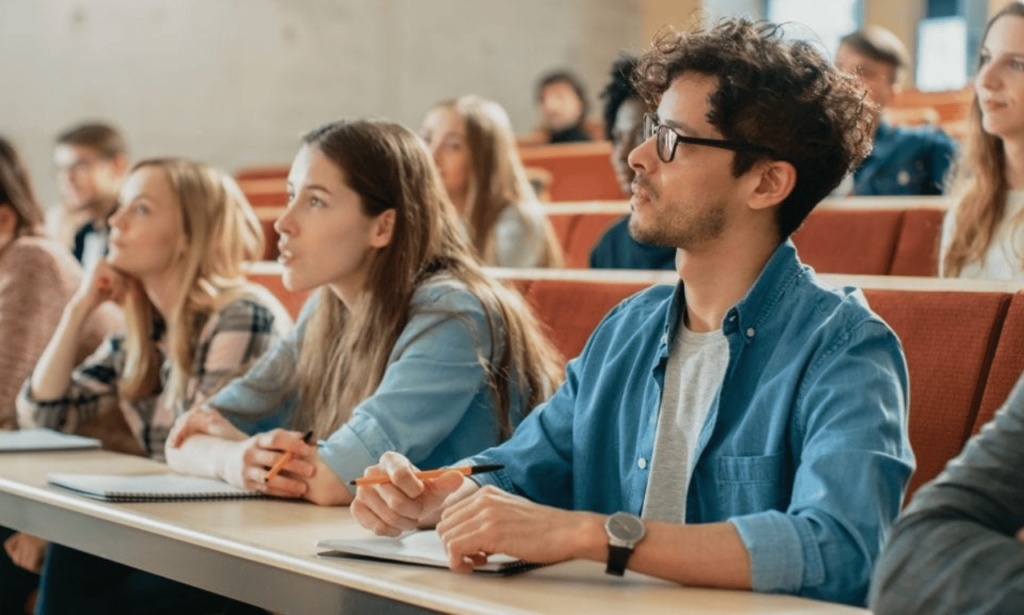
In the quest for academic excellence, academic coaching has emerged as a transformative force, guiding students to higher levels of achievement by fostering robust study skills development. Unlike traditional tutoring, which often focuses on specific subjects, academic coaching equips students with universal learning strategies that serve them across all areas of study. The personalized nature of coaching allows for an individualized approach, targeting each student’s unique learning style and challenges.
Among the most impactful functions of academic coaching is its role in setting students up for independent success. Coaches diligently collaborate with learners to design and refine study routines, prioritize tasks, and cultivate time management skills that are crucial for navigating the academic landscape. It is through these iterative processes that students begin to internalize and master effective study habits.
Moreover, peer tutoring is integrated into the academic coaching model, harnessing the power of collaboration and mutual support among students. Peer tutoring creates an accessible learning environment where individuals can strengthen their grasp on material through the unique perspectives and methodologies shared by their peers. This collaborative exchange not only reinforces subject matter comprehension but also reinforces the communication and interpersonal skills vital in today’s interconnected world.
Academic coaching and peer tutoring prove to be more than just academic supportâthey are instrumental in fostering a growth mindset and building the confidence students require to confront new challenges and maximize their educational journey.
- Developing personalized learning strategies.
- Enhancing time management and organizational skills.
- Facilitating methods for effective test preparation.
- Guiding through complex task breakdown.
- Offering consistent and constructive feedback.
- Creating a platform for collaborative learning with peer tutoring.
| Academic Coaching Aspect | Skills Imparted | Benefits |
|---|---|---|
| Time Management | Prioritization, Scheduling | Improved productivity, Reduced stress |
| Strategic Learning | Critical Thinking, Adaptability | Enhanced retention, Greater academic autonomy |
| Task Management | Project Planning, Goal Setting | Streamlined workflow, Achievable milestones |
| Peer Collaboration | Communication, Empathy | Broader perspective, Social engagement |
| Review and Feedback | Self-reflection, Receptivity | Continuous improvement, Personalized advancements |
- Engaging in role-play scenarios to apply theoretical knowledge.
- Utilizing digital platforms for interactive learning experiences.
- Exploring mnemonic devices for memory enhancement.
- Practicing mindfulness techniques to improve focus and concentration.
Ultimately, the purpose of academic coaching extends beyond immediate academic performanceâit prepares students for lifelong learning and success. With the foundational study skills developed through academic coaching and the dynamic exchange inherent in peer tutoring, students can tackle educational challenges confidently and competently.
Peer Tutoring: Enhancing Academic Achievement Through Collaboration
The collaborative learning model of peer tutoring significantly contributes to academic achievement, creating a synergistic educational atmosphere. By participating in peer tutoring, students share knowledge, extend their academic insights, and develop crucial study habits crucial for success in college study sessions.
Benefits of Peer-Led Education Workshops
Peer-led education workshops are instrumental in fostering an engaging learning environment where students can share their experiences and expertise. These workshops exemplify a practical aspect of the number 7 principleâlearning through teachingâwhich posits that instructing others is one of the most effective ways to understand and retain information.
Developing Social and Academic Skills Simultaneously
The dual focus on developing social skills alongside academic skills is what makes peer tutoring an invaluable facet of modern education methods. Structured play groups and interactive sessions not only allow students to grasp complex academic concepts but also enhance their communication, empathy, and leadership abilities within a supportive peer network.
- Peer-mediated instruction reinforces core subject understanding
- Structured play groups provide a social framework for collaborative study
- College study sessions encourage the cross-pollination of ideas and strategies
In conclusion, the integration of peer tutoring into structured learning assistance programs is a progressive step towards achieving higher levels of academic accomplishment. It aligns perfectly with the concept of collaborative education as a cornerstone for scholastic and personal growth.
Educational Workshops and Their Effectiveness in Promoting Guided Learning
In today’s academic landscape, educational workshops play a pivotal role in cultivating a robust foundation for guided learning resources. They are not mere ancillary events but are central to the strategic framework of undergraduate support services, equipping students with practical skills and knowledge pivotal to their success.
Educational workshops designed for undergraduates stand out as transformative experiences â they are forums where interactive dialogue and hands-on learning converge, tapping into the potential of each participant. Such dynamic spaces are hotbeds for innovation, critical thinking, and skill acquisition, resonating with the ambitions of students eager to excel in diverse academic disciplines.
Workshop-Driven Undergraduate Support Services
Workshop-driven undergraduate support services are aligning with the need for comprehensive education that extends beyond traditional lecturing. Addressing the gap in conventional pedagogy, these services provide students with a more engaging and personalized learning experience. The curated workshops are tailored to empower undergraduate students with a spectrum of resources, ensuring their educational journey is not just about what they learn but how they learn.
Interactive Teaching Techniques in Workshops
The incorporation of interactive teaching techniques in educational workshops serves as a catalyst for heightened student engagement. These techniques may include collaborative group projects, simulations, role-playing exercises, and peer-review sessions. They encourage students to think critically and creatively, to communicate effectively, and to work collaboratively â all of which are vital competencies in the professional world.
- Group Discussions: Enabling students to share and develop ideas collectively.
- Hands-on Activities: Facilitating practical application of theoretical knowledge.
- Peer Feedback: Promoting a culture of constructive critique and self-improvement.
- Case Studies: Encouraging analysis and problem-solving based on real-world scenarios.
As we integrate these immersive learning practices into universities nationwide, the role of educational workshops in delivering premium undergraduate support services becomes ever more invaluable. The quality of an academic institution is often reflected in the success of its students, and through these hands-on, engaging methodologies, we are setting the stage for a generation of well-equipped, critical thinkers ready to tackle the challenges of an evolving professional landscape.
Conclusion
At the core of fostering robust academic achievement lies the dynamic and multifaceted approach of Structured Learning Assistance (SLA). This educational strategy amalgamates a diverse spectrum of proven practices, all converging to equip students with the essential tools for success. By embracing evidence-based instructional methods, SLA not only fortifies student learning but also pivots towards modernity by incorporating technology to enhance educational experiences.
The deliberate emphasis on study skills development through personalized academic coaching ensures that students are not just passive recipients of information, but active participants in their learning journeys. The tailored coaching programs are meticulously designed to help students transform potential into performance, thereby setting a foundation for lifelong learning and achievement. It is this dedication to individual growth that distinguishes SLA as a beacon of academic support.
Finally, the role of student success programs cannot be understated, as they provide an essential platform for collaboration and shared learning. Through initiatives like peer tutoring and interactive workshops, SLA fosters an environment where engagement and constructive interaction are the norm. This collaborative culture is instrumental in helping students to not only understand but master the curriculum, while also promoting a sense of community and mutual support. In sum, Structured Learning Assistance stands as a testament to the power of comprehensive and adaptive education strategies.
FAQ
What is Structured Learning Assistance (SLA), and how can it aid in academic achievement?
Structured Learning Assistance is a set of services aimed at improving student academic performance. It provides targeted support and helps develop fundamental study skills, enabling students to create effective learning strategies and achieve a better understanding and mastery of course materials.
Can you explain what Evidence-Based Practices (EBPs) are in education?
EBPs in education are instructional strategies that have been validated through research to be effective. They are guided by laws like the Every Student Succeeds Act (ESSA) and the Individuals with Disabilities Education Act (IDEA ’04) to ensure all students, including those with special needs like Autism Spectrum Disorder (ASD), receive high-quality education.
How do evidence-based strategies impact student learning?
Evidence-based strategies are instrumental in enhancing the learning experience, especially for students with ASD. These strategies have been proven to teach appropriate behaviors, decrease inappropriate behaviors, and adapt education to accommodate individual student needs, thus promoting overall academic success.
What is chronic absenteeism, and how do support services help in reducing it?
Chronic absenteeism refers to frequent and unexcused absences from school. It has become a more prominent issue during the COVID-19 pandemic. Support services play a critical role in combating chronic absenteeism by engaging families, implementing early warning systems, and providing resources to help improve attendance and academic outcomes.
How does Structured Learning Assistance contribute to creating a supportive learning environment?
SLA creates an inclusive and supportive learning environment that accommodates various learning styles. It employs student success programs and evidence-based strategies that support student engagement, improve school climate, and ensure regular attendance, thus enhancing student success.
What are the benefits of addressing diverse learning needs within the educational system?
Addressing diverse learning needs ensures that all students receive individualized instruction that caters to their unique learning styles. It involves the implementation of directed and intensive support for those who struggle academically, leading to better educational outcomes for all students.
Why is integrating technology an essential part of modern education?
Integrating technology into education is crucial as it provides innovative and interactive learning experiences. Technology-aided instruction and intervention tools enrich learning and are particularly effective for enhancing the functional skills and behavior of students, accommodating varied needs and abilities.
How does academic coaching enhance study skills development?
Academic coaching is key in developing essential study skills. Coaches assist students in creating efficient study habits, breaking down complex subjects, and providing constructive feedback, which empowers students to maximize their academic potential and performance.
What are some of the advantages of peer tutoring?
Peer tutoring facilitates academic achievement through collaborative learning. It allows students to partake in peer-led education workshops and college study sessions where they can improve both academic knowledge and social abilities in an interactive setting, fostering mutual growth and understanding.
How do educational workshops enhance guided learning and student engagement?
Educational workshops are critical for promoting guided learning and engaging students. They utilize interactive teaching techniques that encourage active participation through discussions, collaborative tasks, and hands-on activities, which help students integrate their theoretical knowledge into practical use.
